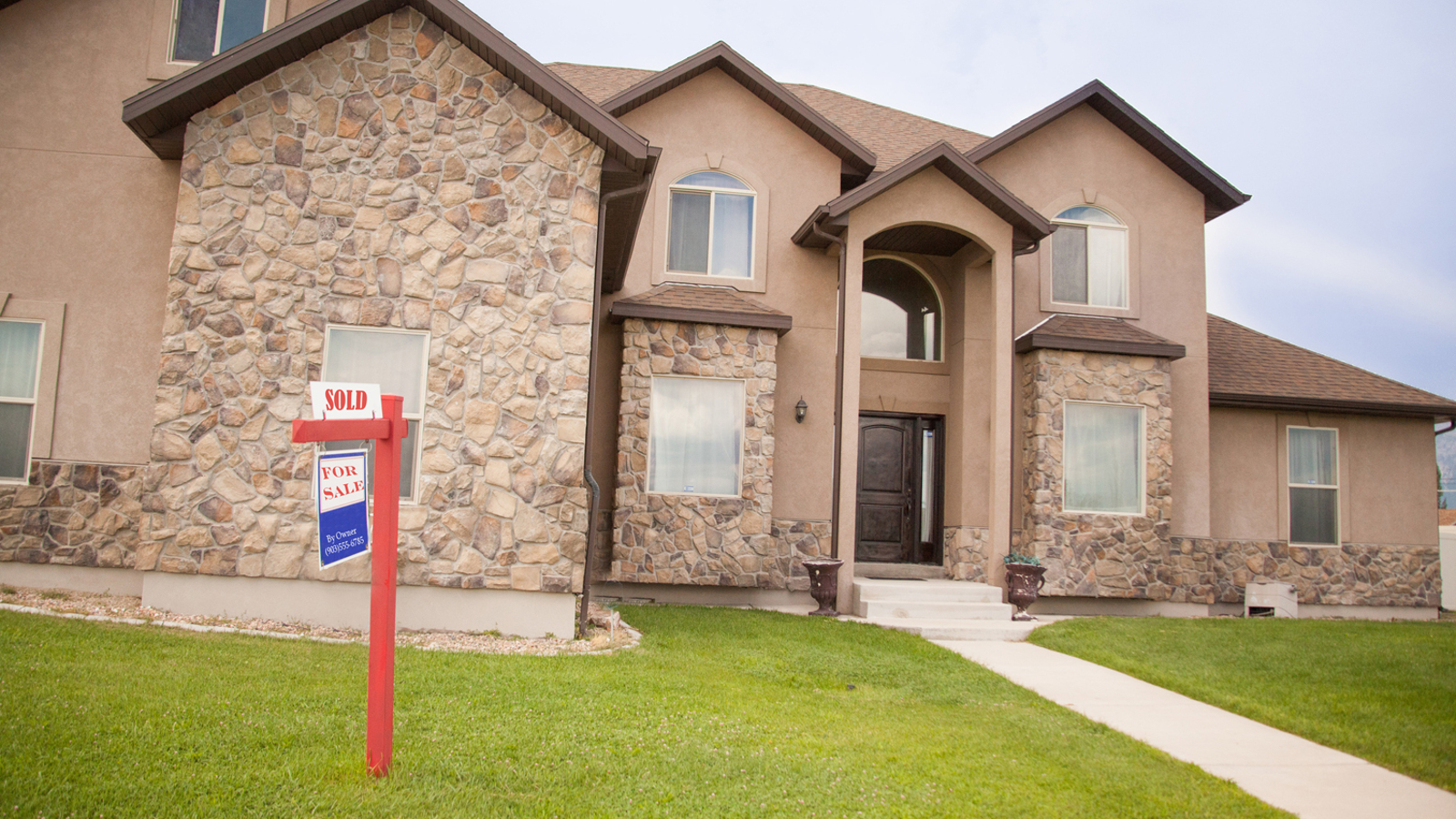A recent report by the state comptroller has shown a link between homelessness and housing affordability.
The state's roaring economy and surging real estate market have driven up home and rent prices, which has cultivated a big need for affordable housing, according to the report.
Wendell Cox, senior fellow at Urban Reform Institute, said that state lawmakers had fortunately not made policy mistakes like those in California.
“The median detached house price (in Houston) would not include condominiums and townhouses which would actually lower the figure just a bit,” he told Houston Daily. “But it's about $300,000. Now that sounds like a lot of money, and it is a lot of money, compared to say, two years ago – it was only about $240,000 – but let's think about comparing that to San Jose at $1.7 million – probably for a smaller house – or San Francisco, where it's $1.3 million for a smaller house."
Cox added that as house prices go up more, so does homelessness, as is the case with California.
“Texas doesn't need anything but what it's got,” he said. “The keys to affordability in Texas are a competitive market for land and a competitive home building sector that is allowed to build what people want. Two elements, I would say, that are crucial to maintaining (that) doesn't require any change at all, and if you change it, you're going to be in real trouble. One is the broad use of municipal utility districts, which can deliver wonderful housing low-cost communities.”
Cox added that if you are outside of a city, you cannot have zoning in Texas and “that is wonderful.”
However, the average price for a home in the state’s 10 largest metro areas are unaffordable to those with median incomes, according to a report from Texas A&M University regarding housing affordability.
“The basic thing is, public officials focusing on housing affordability must recognize that it is tied to the cost of living and doing nothing that increases the cost of housing,” Cox said.
Texas Affiliation of Affordable Housing Providers reports that 49% of Texans are “cost-burdened," which means that they spend over 30% of their household income on housing costs and utilities.

